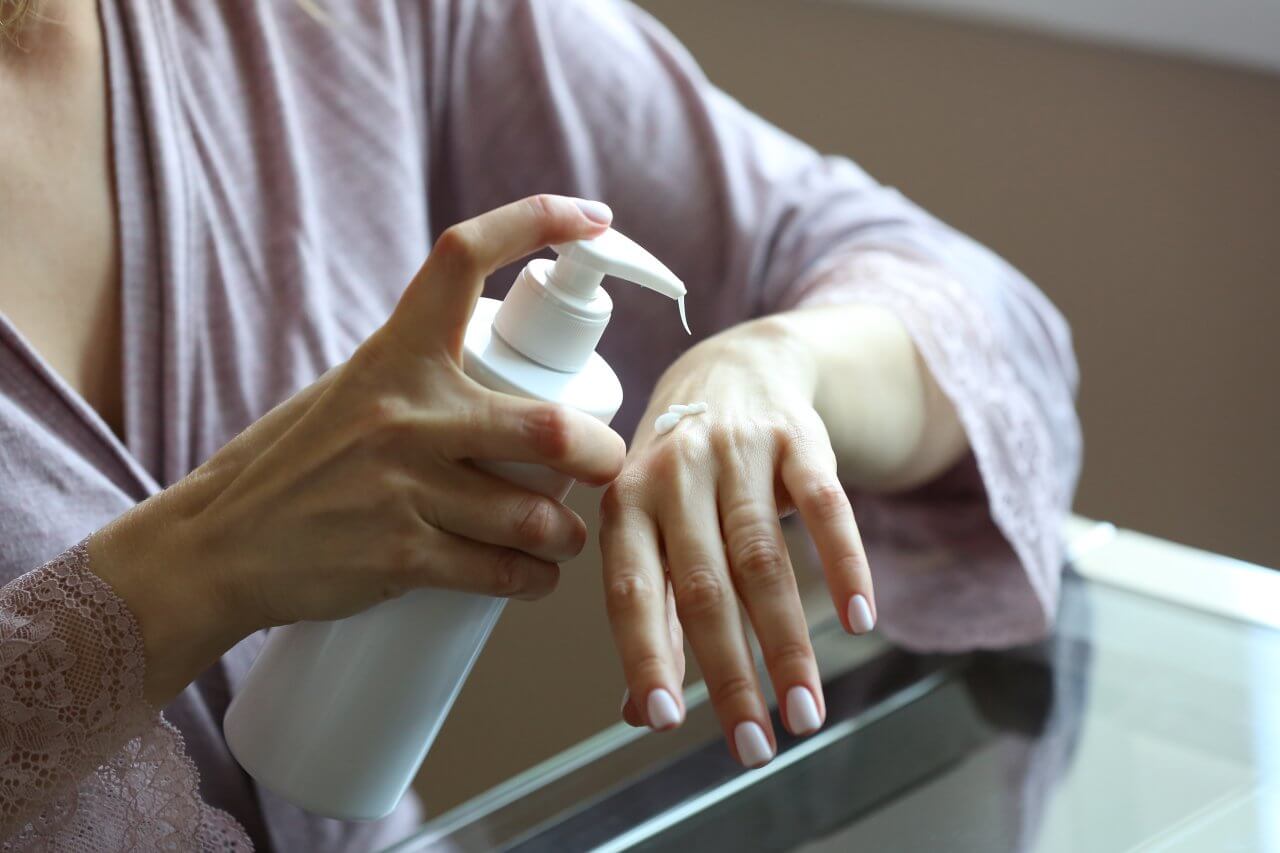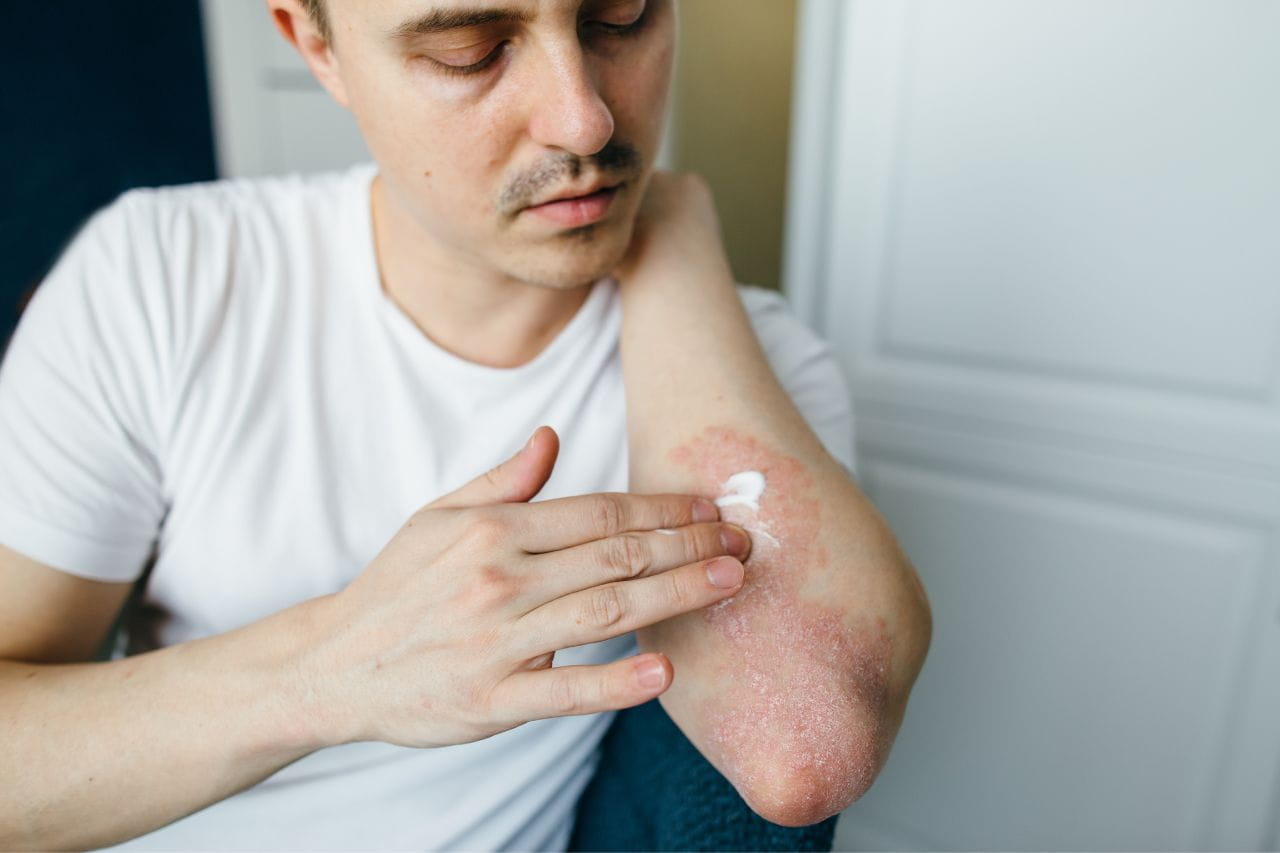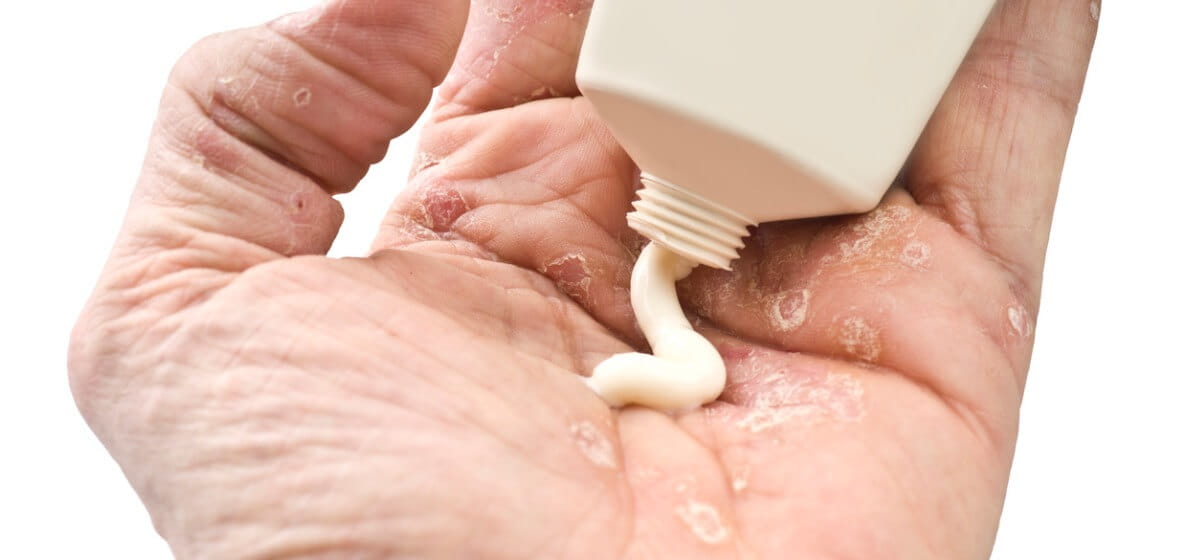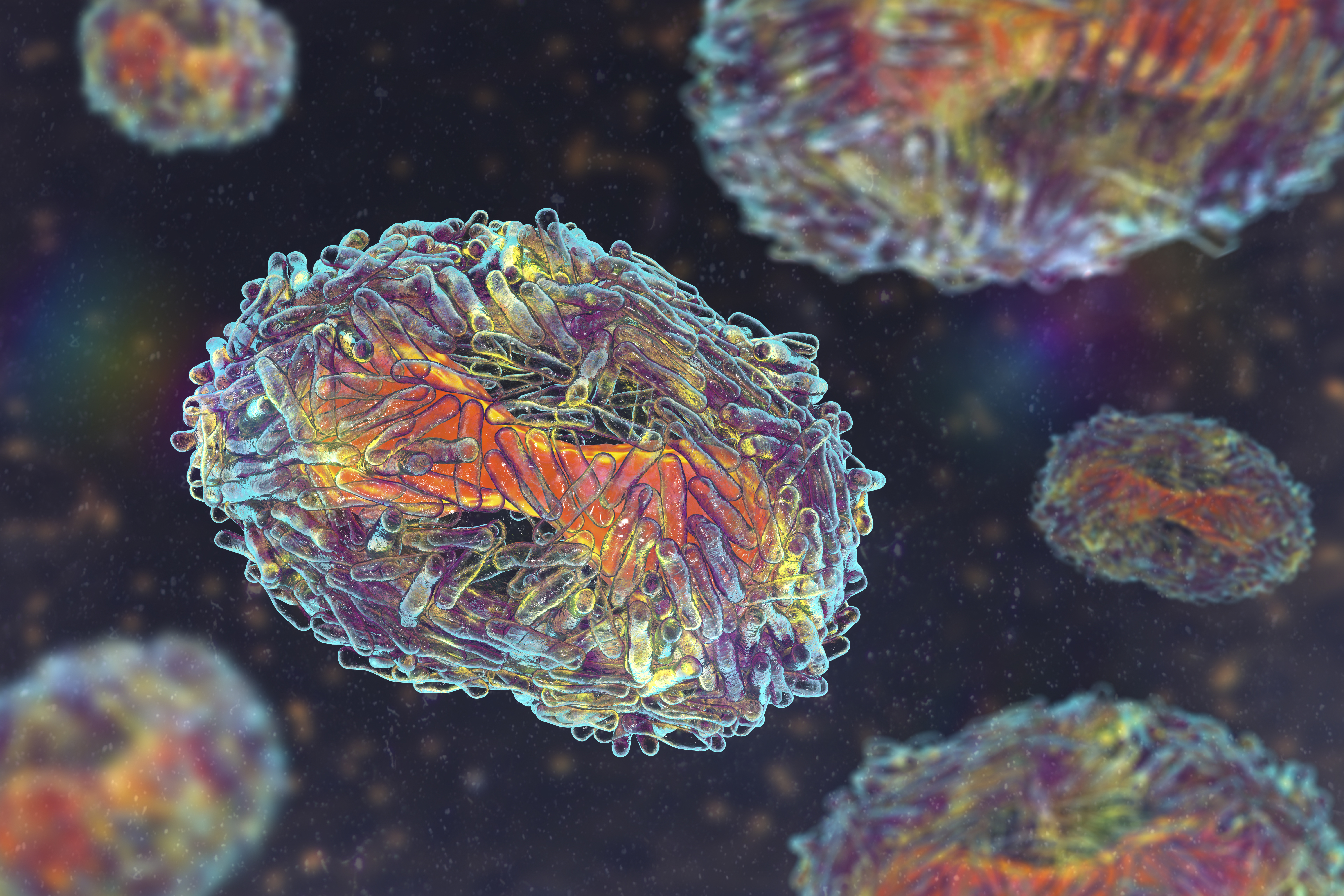What Is the Best Fabric for Sensitive Skin?

Atopic dermatitis — more commonly known as eczema — causes skin to be red and itchy. The condition is more common in children but can affect anyone. It’s a chronic illness (meaning it’s ongoing) that can worsen at times, causing increased discomfort.
There’s no cure for eczema. However, if you suffer from it, there are actions you can take to reduce outbreaks and minimize the itching and irritation. One of those actions is choosing fabrics for clothing, bedding, etc. that don’t irritate your skin.
Choose the Right Fabrics if You Have Eczema
Cotton
Doctors commonly recommend 100% cotton as a skin-friendly textile for clothing. It’s an excellent option for eczema sufferers. Cotton “breathes,” absorbs sweat, and is washable. When you shop for cotton clothing, you should check the label to see what percentage of the material is cotton. Some fabrics that manufacturers market as cotton have a significant amount of polyester.
Linen
Linen is another natural fabric that’s gentle on your skin. It’s made from the flax plant. Linen clothing is soft, light, and breathable.
Bamboo
Bamboo clothing has many characteristics that benefit people with eczema. It’s soft, breathable, and more absorbent than cotton. In addition, it has great temperature regulation properties, which help keep you cool in summer and warm in winter. Plus, it’s naturally antibacterial. Manufacturers may describe their clothing as containing “bamboo viscose,” and items often include other fabrics like cotton in varying proportions.
Silk
Silk is another good fabric option for eczema patients. Like cotton, linen, and bamboo, silk is breathable and soft. However, it’s not washable, which is one downside. Some creams and other cosmetic products may stain it, so you should also keep that in mind. You may benefit from silk undergarments that you wear between your skin and outer clothing.
Know What Fabrics to Avoid with Eczema
To minimize eczema outbreaks and maximize comfort, you also must know which fabrics to avoid. Two that can be irritating are nylon and wool. Both have rough fibers that can feel prickly. In addition, some people are allergic to wool and experience itching and hives when wearing wool garments.
Eczema sufferers should also be cautious about clothing with embellishments like metal decorations. They may contain nickel, which can make the skin red and bumpy.
Wondering if You Have Eczema?
If you think you may have eczema, watch for these telltale signs:
- Red or gray-brown patches on your feet, ankles, hands, wrists, chest, and the inner bends of your elbows and knees
- Itchy skin that’s worse at night
- Excessive skin dryness
- Thick, scaly, or cracked skin
- Skin that’s raw or swollen from scratching
To reduce discomfort from eczema, you can:
- Moisturize your skin multiple times per day.
- Take shorter baths or showers using warm rather than hot water.
- Use gentle soaps that don’t remove as much of your skin’s natural oils
- Pat your skin dry after bathing.
- Apply moisturizer while your skin is still moist from bathing.
- Identify and address your eczema triggers (sweat, pollen, dust, stress, etc.).
Talk with Your Baptist Health Doctor About Eczema
Your Baptist Health physician can provide suggestions if your home care routine doesn’t adequately relieve your eczema symptoms. You could also do an urgent care video visit if you have red streaks or yellow scabs and pus on your skin, which are signs of an infection.
Next Steps and Useful Resources
What’s the Difference Between Psoriasis and Eczema?
Tips To Deal With Dry Skin



